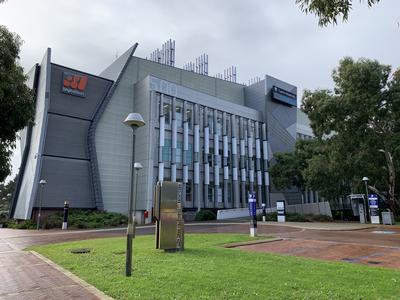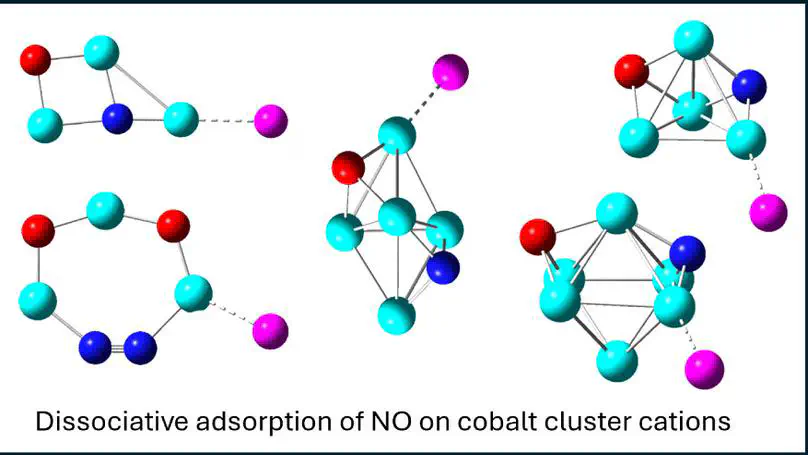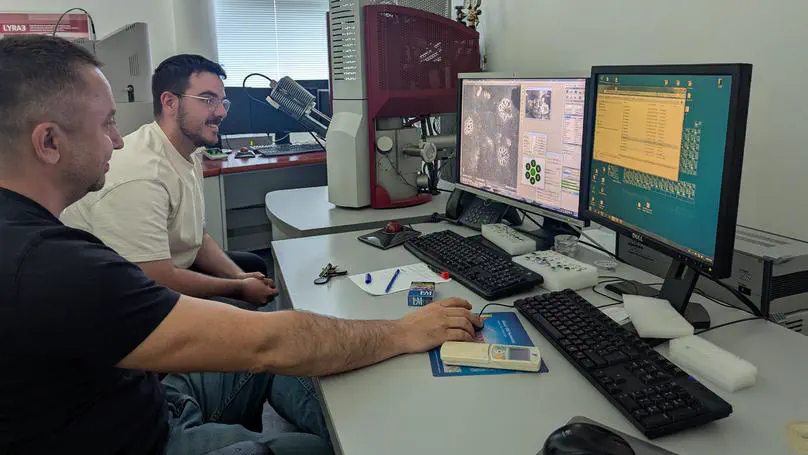Watson Laser Lab
The Watson Laser Lab is a broad physical chemistry research group at Curtin University with specialisations in gas-phase spectroscopy.

Latest News

It’s been 6 months since the first day on site at Curtin and the group has been busy!
As we come up on our first 6 month ‘group anniversary’ it’s a good time to reflect on what we’ve acheived so far. For the Watson Laser Lab the first 6 months have been characterised by a lot of back end work; getting to know processes at the University, meeting others in the School and around campus and getting a sense of what their research interests are for potential collaborations, working on infrastructure for the group like safe working practices and documentation, exploring funding opportunities and scoping out potential proposals, and a bit of advertising and letting people know we’re here and what we’re doing (like this post!).

The first paper to come from beamtime runs at HFML-FELIX has been accepted!
Published as part of the Mike Duncan Festschrift special issue of the Journal of Physical Chemistry A, this paper represent the first output to come from Mackenzie Group collaborations with the Bakker Group at HFML-FELUX. The work here was part of the first beamtime run lead by Peter with colleagues from the University of Oxford and is an infrared multiple-photon photodissociation (IRMPD) study of cationic cobalt clusters (Con+) with bound NO molecules and argon tags.

Honours Student Noah Corbett travelled to Europe for a new collaboration.
As part of his training, Honours student Noah Corbett travelled to the Europe to work with local beamline scientists, Todd Martz from UC San Diego and Prof. Roland De Marco on a project examining new materials as potential sea sensors.